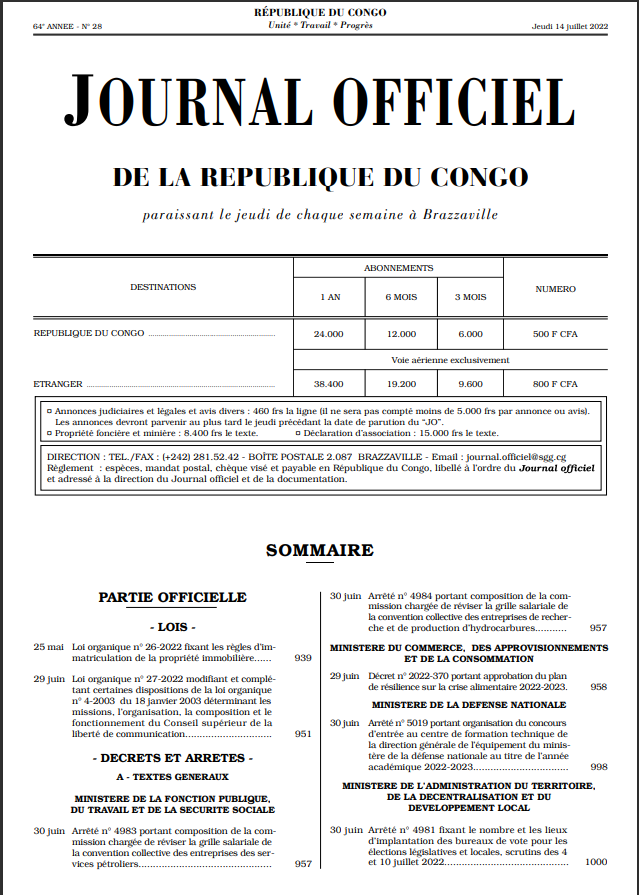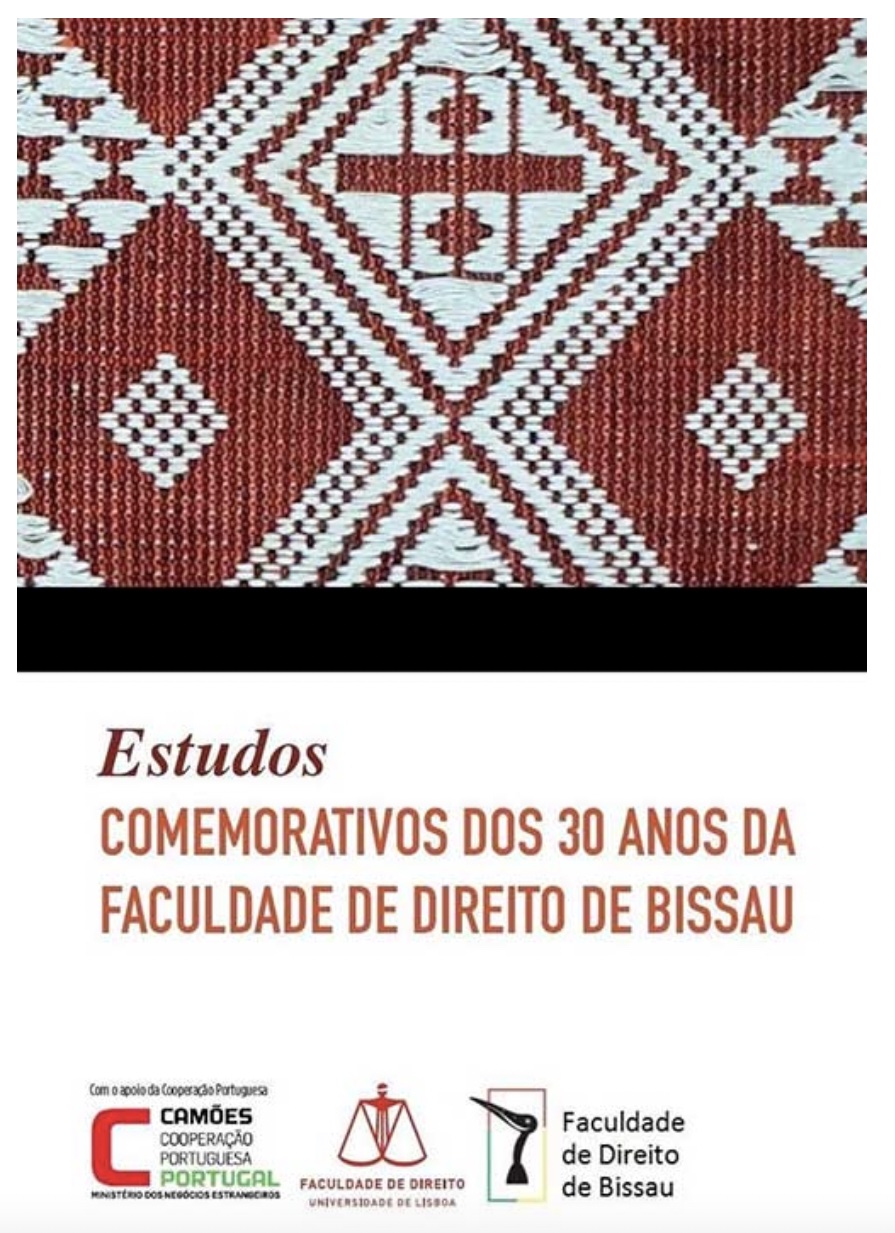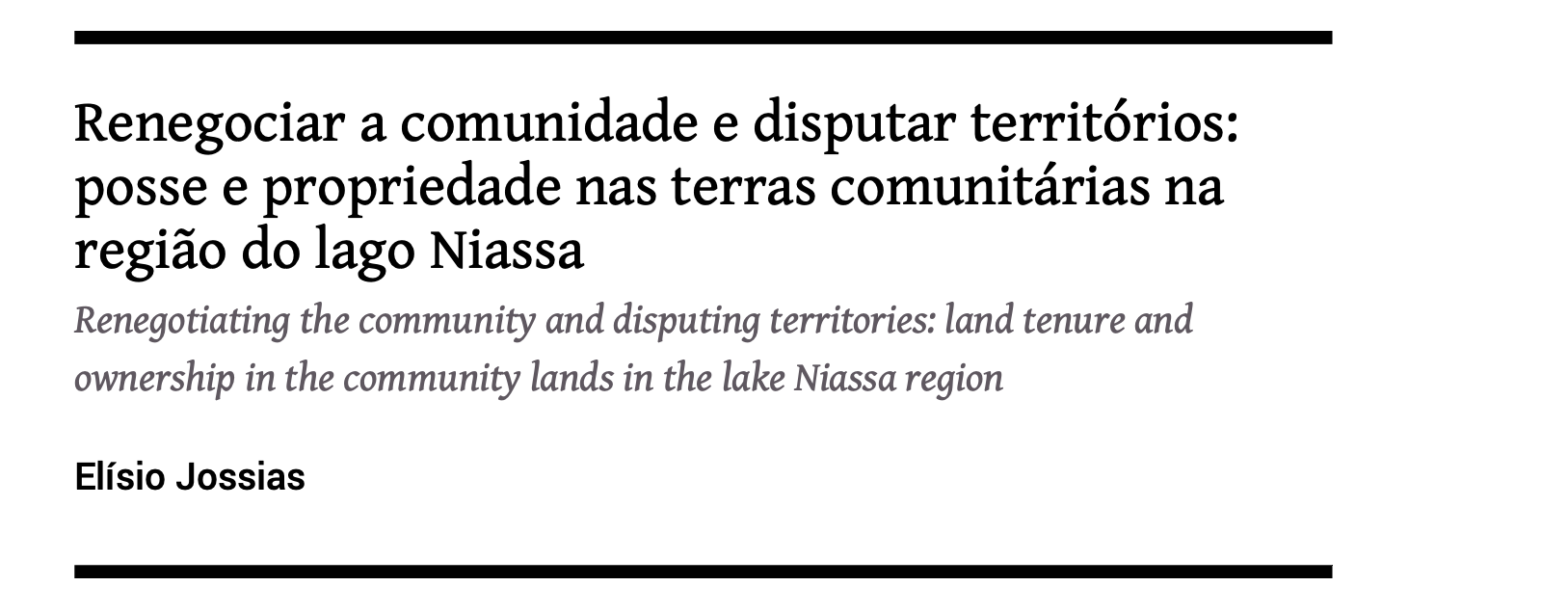Environmental Attributes Consideration During Property Valuation In Tanzania: Professional Valuer’S Perspectives
Context and background: With the advent of rising global initiatives to address climate change and sustainability, interest in addressing theoretical and practical alignment of how professional valuers consider environmental attributes has become the focus of much attention.






